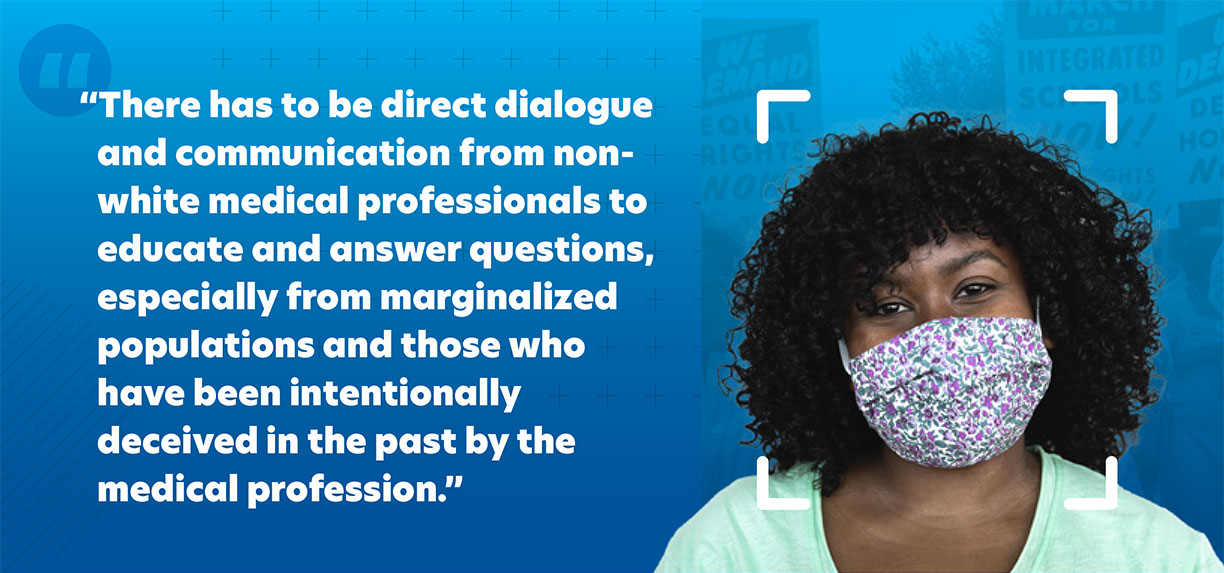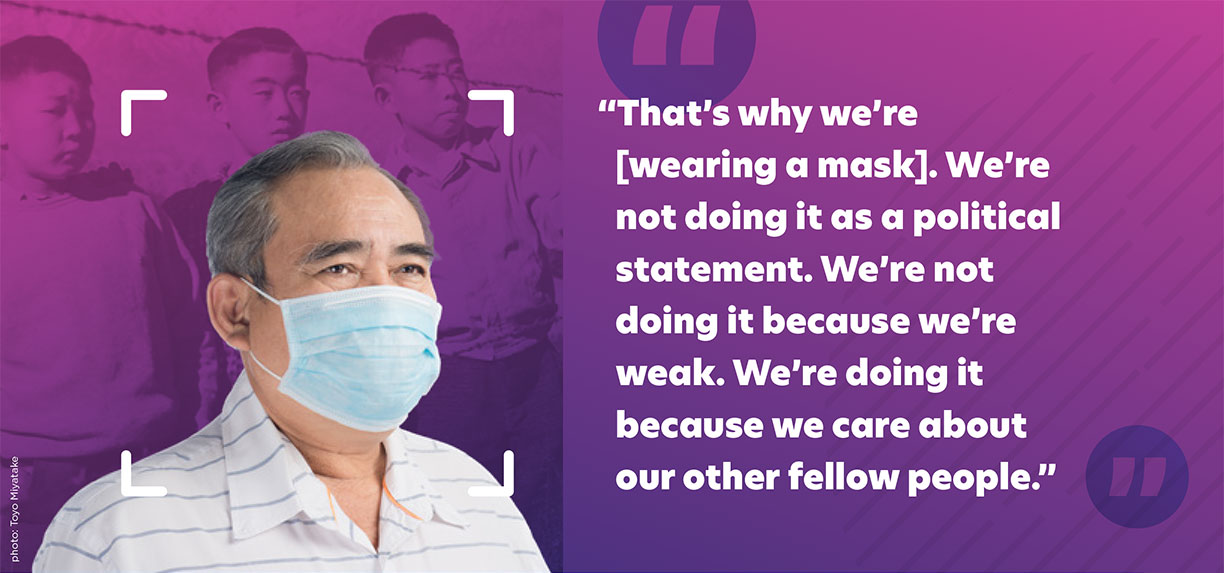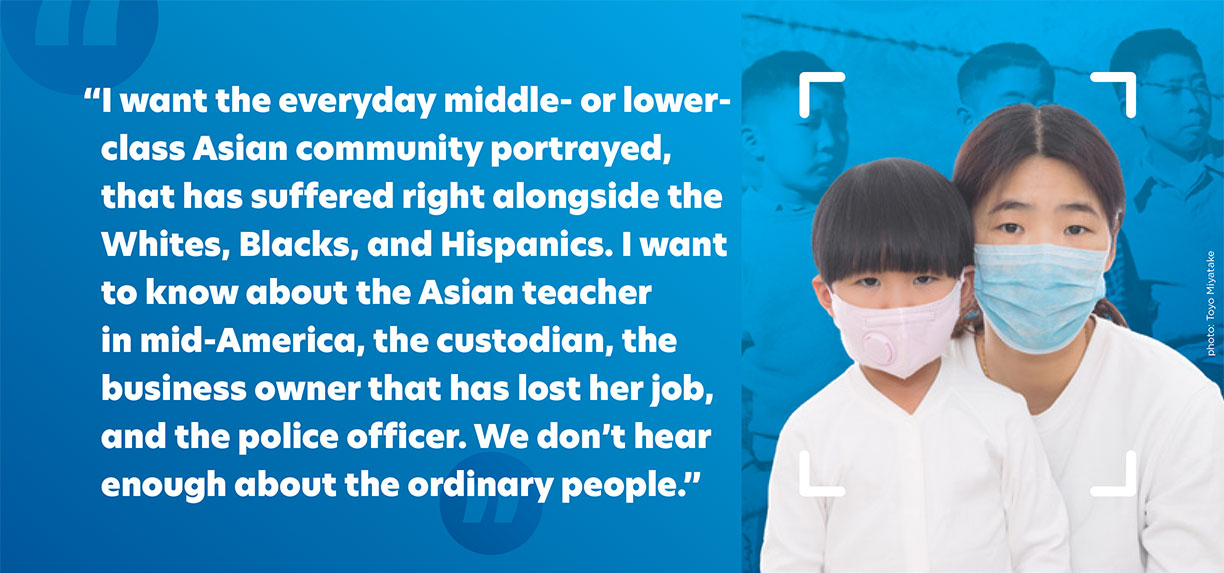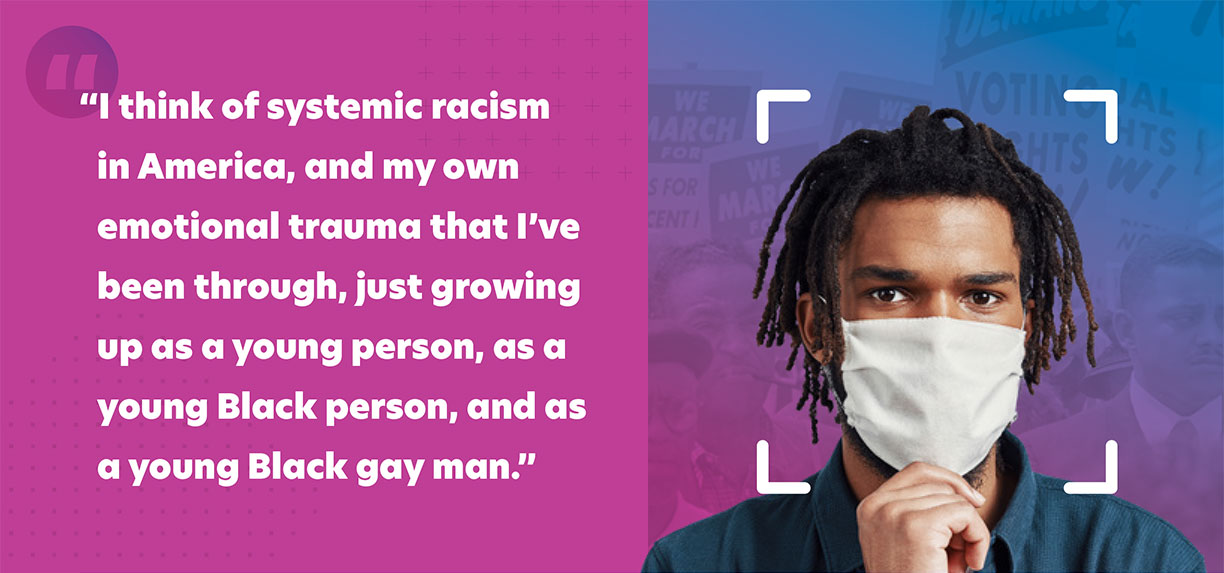Stigma Plays a Major Role In Limiting The Potential Of Communities Of Color
To Thrive During An Epidemic.
Project REFOCUS: Racial Ethnic Framing of Community-Informed and Unifying Surveillance
Project REFOCUS provides a real-time crisis monitoring system and educational resources for public health practitioners. These tools are necessary to adequately monitor the presence of social stigma and support historically marginalized and disproportionately affected populations during public health crises.
Racism is a public health crisis – but what does that mean for practice?
- Racism—both interpersonal and structural—negatively affects the mental and physical health of millions of people, preventing them from attaining their highest level of health, and consequently, affecting the health of our nation (CDC, 2021).
- In order to detect the impacts of racism on a given population, practitioners need tools to monitor, detect, and interpret related data. This is essential to the planning, implementation and evaluation of public health practice (WHO, 2021).
- Project REFOCUS is a promising solution that contributes in two ways:
- Technology: Project REFOCUS offers a crisis monitoring system for public health practitioners. This system provides the comprehensive data needed to monitor social stigma and support disproportionately affected populations during crises.
- Education: Project REFOCUS provides tools and resources so that public health practitioners, journalists and community leaders better understand the drivers of social stigma.
There is an urgent need for interventions that address racism and prevent/reduce social stigma
- Interventions should address the interrelated mechanisms and critical leverage points through which racism operates and explicitly design multilevel interventions to get at the multiple (causal) processes of racism simultaneously.
- The systemic nature of racism implies that effective solutions to addressing racism need to be comprehensive and emphasize upstream, structural, and institutional interventions.
- Further, interventions should also promote adaptive coping strategies like storytelling, resiliency, community connectedness, optimism and belonging. Interventions, targeted at individuals, that seek to neutralize cultural racism, and reduce interpersonal discrimination and stereotyping, have shown positive socioeconomic and health benefits.
This project is co-led by Howard University Department of Communication, Culture and Media Studies and UCLA Center for the Study of Racism, Social Justice and Health. Funding for this project was provided by the CDC Foundation.

Explores opportunities for the establishment (or expansion) of data collection systems and social listening protocols that effectively monitor, in real time, the impacts of social stigma on the population as it effects COVID-19 mitigation and prevention practices.
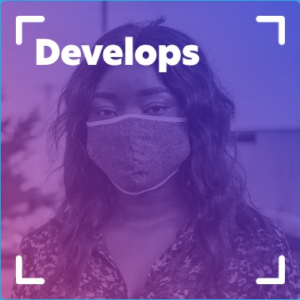
Develops model communication materials and recommendations for responding in real time to findings from stigma monitoring systems and signals from specific communities (including the presence of toxic stress).
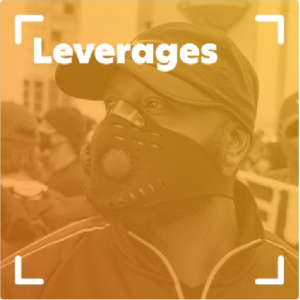
Leverages and empowers community-based efforts and organizations by providing tools, technical assistance and education to essential and frontline workers (e.g. CHWs, pharmacists, social workers) who work, live in and represent the communities disproportionately affected by COVID-19.
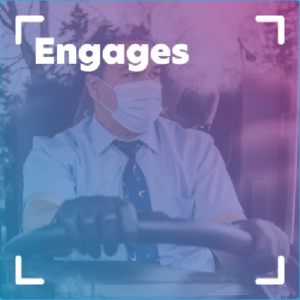
Engages media outlets and journalists to share best practices for delivering messages that center the views of the community and reduce social stigma.

